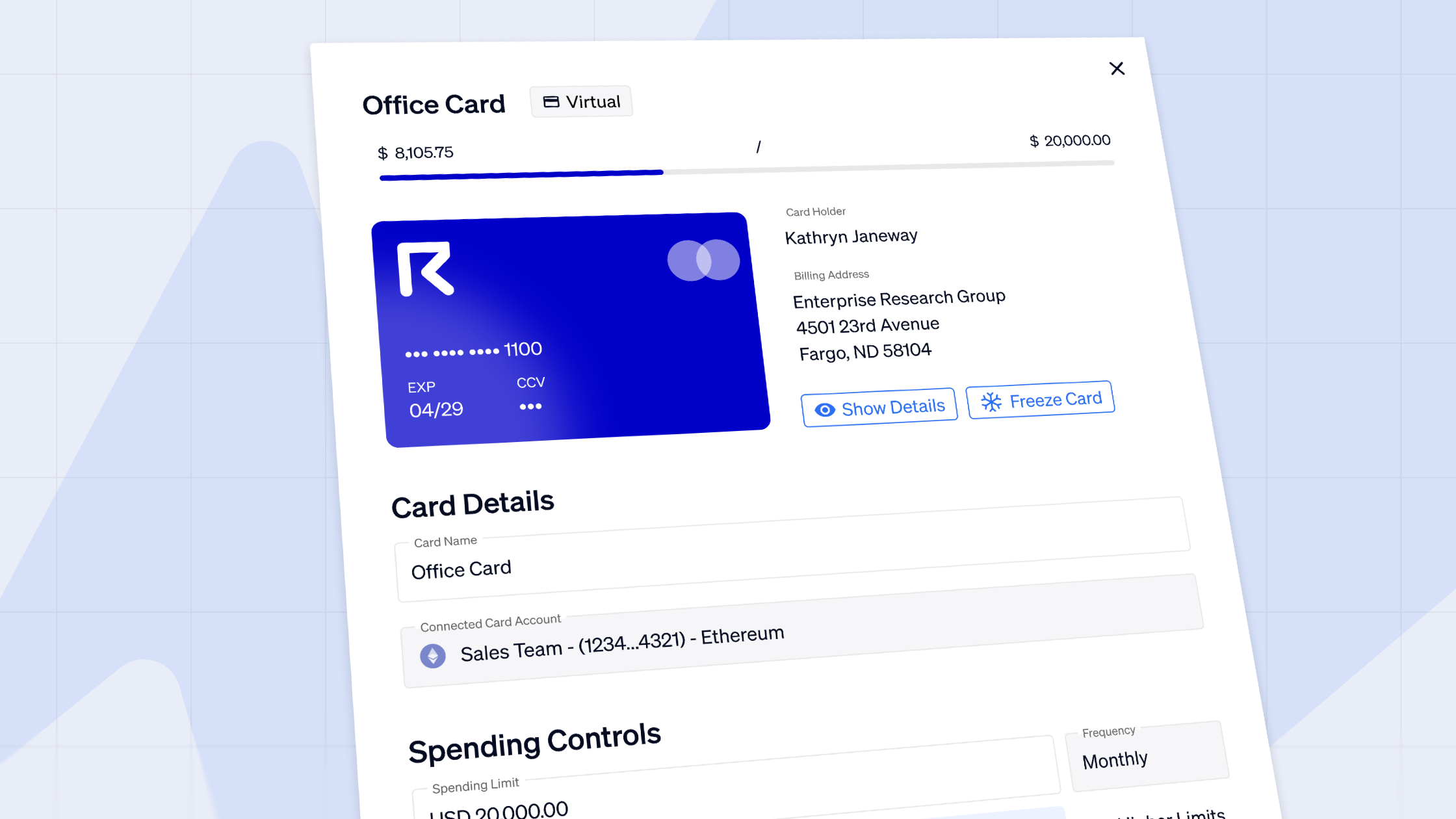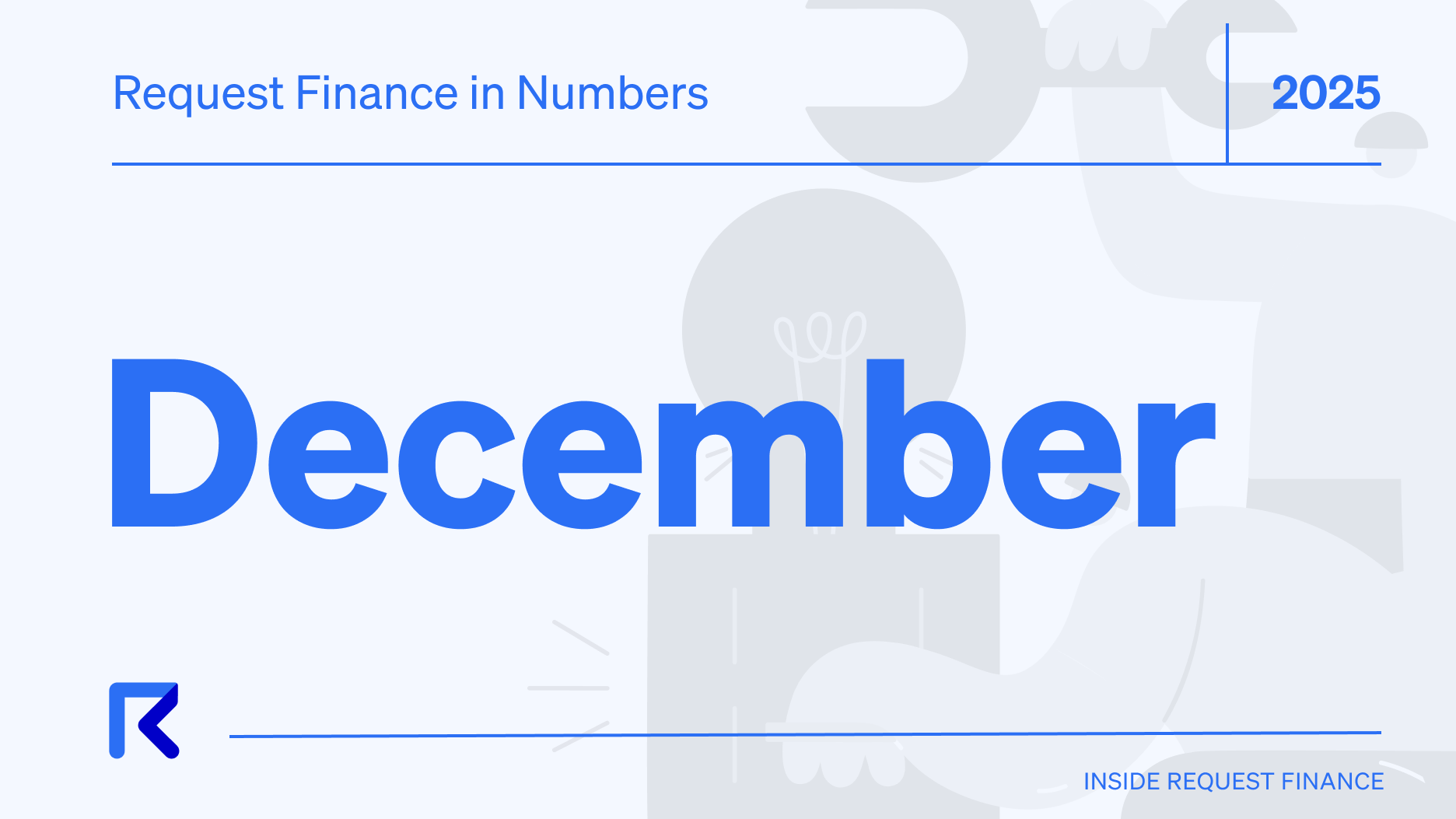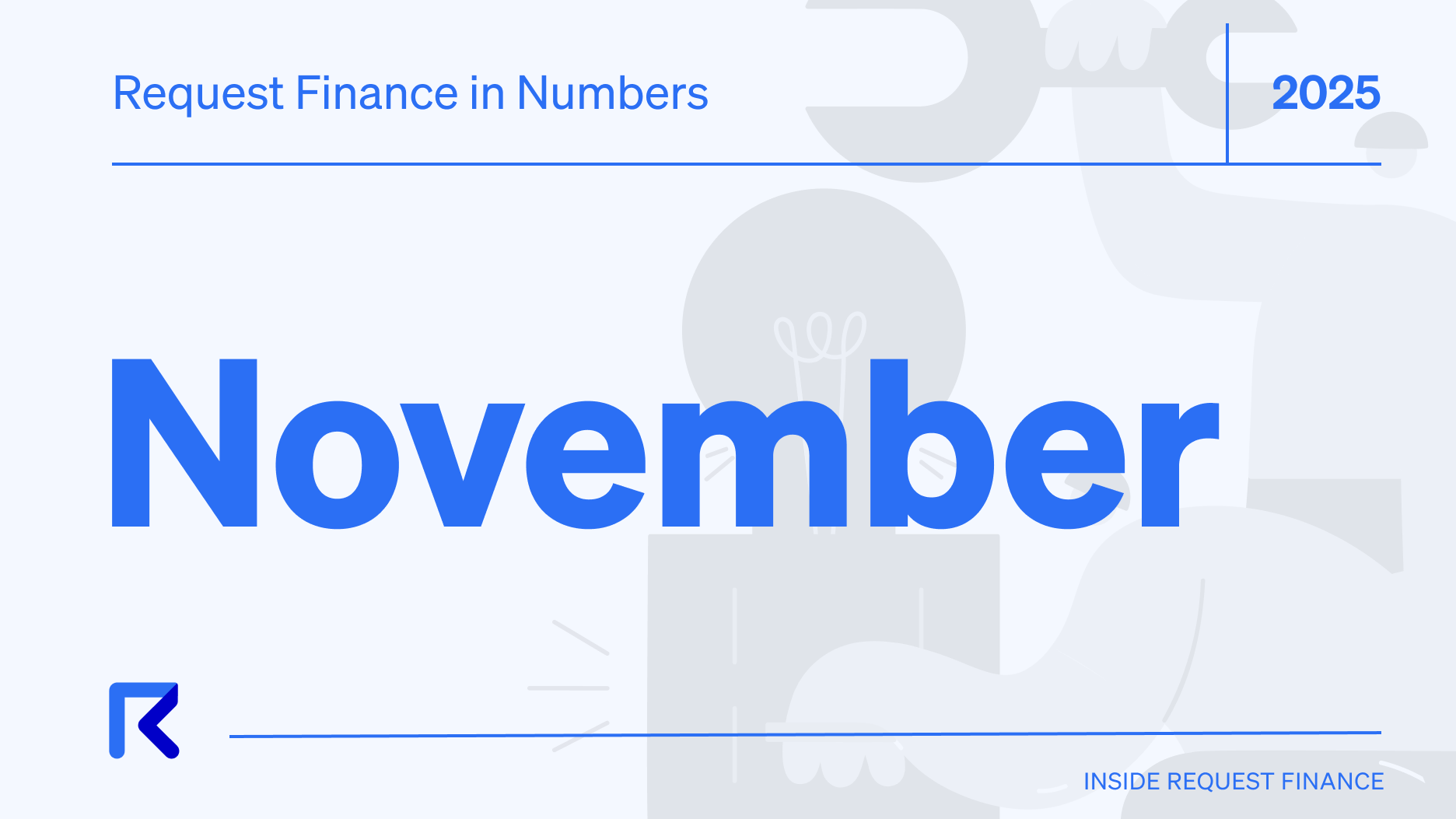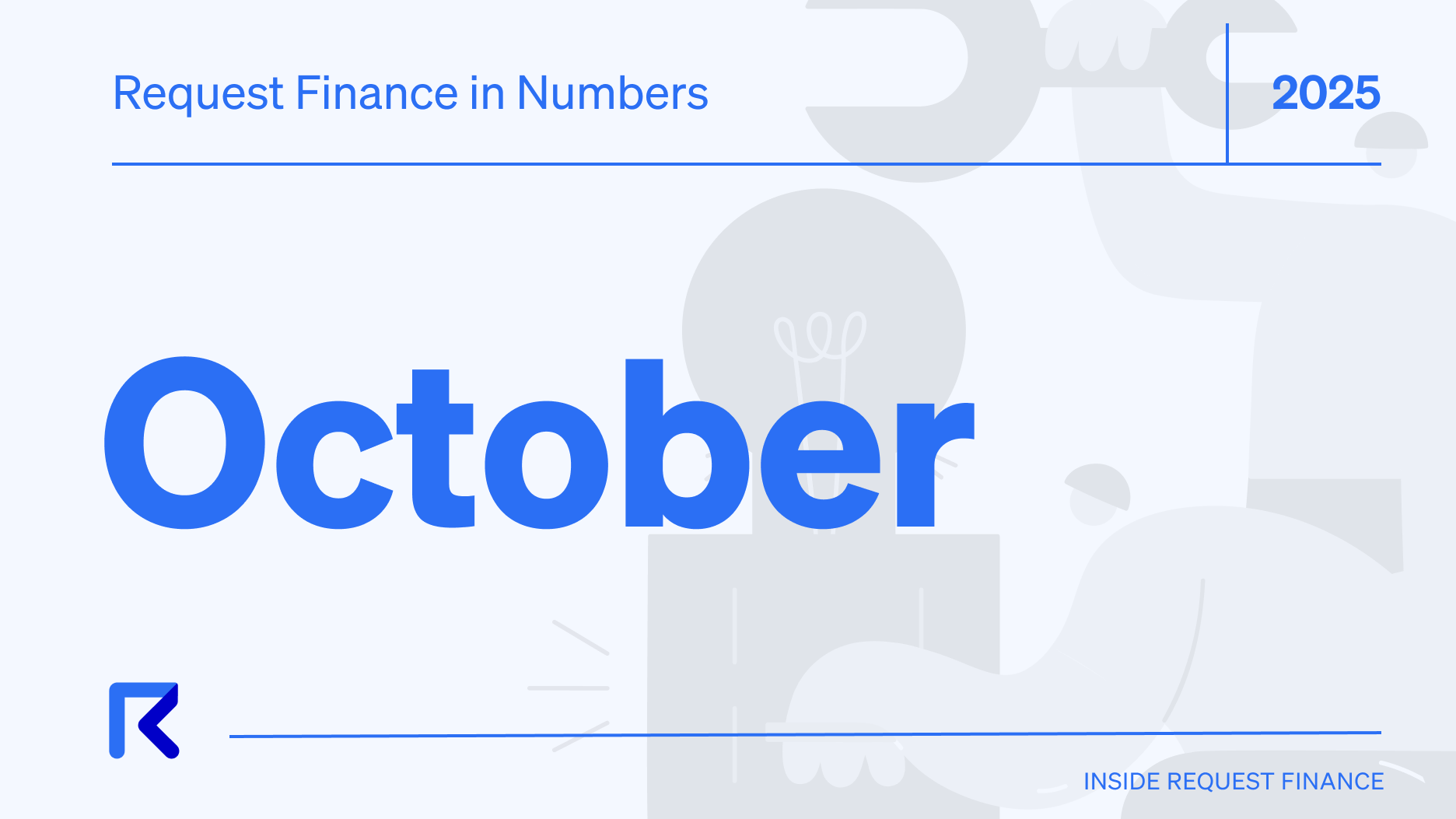Ways Freelancers Lose Money on Gigs: And How to Avoid Them
Here are some of the most common things that can go wrong for freelancers, when it comes to getting paid by clients for work done - and how to avoid them.

If you are reading this, it's likely that you have already faced the infuriating experience most veteran freelancers have encountered: not getting paid.
As a freelancer, you’ve worked hard, built your portfolio from zero, and slowly increased your ability to take on higher value clients and projects. But the larger the sums involved in a gig, the greater the commitment of your time and resources is to a single client.
Not getting paid after all the work that you’ve already done can be devastating as a freelancer.
Here are some of the most common things that can go wrong for freelancers, when it comes to getting paid by clients for work done - and how to avoid them.
6 most common ways freelancers lose money on Gigs
1. Late payments
As the old adage goes “Don’t count your chickens before they hatch”. A client agreeing to pay you on time is one thing. Actually seeing the money come into your bank account is another matter.
Clients may delay making payments after the work is done. Sometimes this happens because of administrative errors, or miscommunication between your client, and their finance department. Especially when working with large companies with complicated internal processes, or global teams across timezones, there can be long lags in communication.
When serving small businesses, cash flow and budgeting issues that your client may be facing could also see them passing those onto you as a freelancer.
Whatever the reason, late payments can impact your cash flow as a freelancer. Especially if you start taking on larger projects, a single large client that is tardy in paying up often means that you will take home far less that month than expected.
2. Discount bargaining
Getting paid less can sometimes be worse than being paid late. Another dreaded conversation that freelancers have with clients is when they try to bargain down your fees after the work is done.
Common tactics that clients may use to bargain for a discount is dangling the promise of future work, referrals to other clients, or seeking pity for their own financial difficulties. While often tempting, veteran freelancers know that these are often hollow promises, or worse - simply made-up excuses.
Especially for freelancers just beginning to take on larger clients, bargaining for a discount typically happens due to a lack of clear, contractually-binding payment terms.
If a client really wants a bulk discount, or has a hard budget constraint for the project, these issues should always be discussed upfront during the negotiation process before the works commence.
Without clear payment terms in place, freelancers may find it difficult to ensure that they are paid on time and in full.
3. Non-payment
Worse than being paid less, or being paid late is not being paid at all.
The ultimate nightmare scenario is when a client ghosts you after the project ends, effectively refusing to pay for the work done. This can leave freelancers seriously out of pocket after all the time and resources invested into the project.
Sometimes this may be done in bad faith, with a client that decides to pull the rug from under you. In rare cases, a client may also themselves become insolvent or bankrupt, and be simply unable to pay for the freelance services they contracted you for.
Especially if a client files for bankruptcy, debtors are highly likely to write off the sums owed - and freelancers unfortunately tend to be last in line of larger debtors waiting to be paid.
4. Disputes over the quality of work
Clients may dispute the quality of work provided, which can lead to delays or non-payment.
Here’s where things can get a lot more complicated for freelancers. Rather than refusing to pay, paying late, or bargaining on price, clients may simply be unhappy with the work done.
The reasons for disputes can vary from communication issues during the project briefs, to the downright unreasonable. Often, B2B service level agreements in industries like hardware or software will stipulate certain conditions for a user acceptance test, or “UAT”.
But when dealing with intangible services, or when it comes to creative works, it can be hard for freelancers and clients to clearly define what is considered acceptable.
5. Difficulty in tracking hours and expenses
Setting aside nightmarish clients, freelancers may find it difficult to track the hours and expenses associated with a project, which can make it difficult to invoice clients accurately or in a timely manner.
Especially when the engagement involves billable hours, logging hours spent can be an issue if freelancers don’t agree with clients on how this will be calculated.
Getting compensated for out-of-pocket expenses incurred can also be a challenge if freelancers don’t clearly define what is claimable from clients, or have a good system to track their expenses incurred.
6. Difficulty in collecting payment from international clients
One of the glorious things about freelancing in an internet age, is being able to take on clients from all around the world.
But freelancers may face challenges in collecting payment from clients located in different countries, due to different laws and regulations that govern banking and payments. For instance, some countries may have laws that require that certain types of companies, or companies in certain sectors engage contractors that have been vetted.
Freelancers may also face challenges in setting up a payment method that is acceptable to the client, leading to delays in getting paid. While the popularity of payment processors like PayPal or Wise are common for small, P2P transfers, larger enterprise clients may not use such methods to make payouts. Or in some cases, a particular payment processor may simply be unavailable to your clients in their country.
Ready to Supercharge Your Crypto Accounting?
Stop wasting time, manually creating journal entries. Automate your accounting now, and enjoy error-free reporting
Learn how to scale your company's crypto & fiat financial operations
Your financial complexities are our specialties. Schedule your free consultation today and discover how Request Finance can transform your financial operations
Simplify crypto and fiat financial operations today
Rely on a secure, hassle-free process to manage your crypto invoices, expenses, payroll & accounting.
How Freelancers Can Ensure They Get Paid
Despite the challenges freelancers face in getting clients to pay for work done, the benefits of freelancing typically outweigh the risks of taking on bad clients.
Here are three solutions freelancers can use to ensure that they get paid, in full, and on time.
1. Always have proper contracts

Collecting your dues, and managing client expectations becomes a lot simpler with contracts like service level agreements, or SLAs.
Elements of proper contracts include: clear deliverables, acceptance tests, payment terms, timelines, and provisions for contingencies like delays or disputes.
As a freelancer, it is tempting to try and DIY a contract. This may be fine for projects where the stakes are low. But while generic contract templates exist online, they may not always be compatible with your local laws. Nor do generic online templates provide a lot of the protections of a properly-worded contract.
Especially for freelancers looking to take on larger clients, and bigger, more complex projects, it may be worthwhile making a one-time investment in proper legal advice to draft a contract that you can re-use for multiple projects and clients.
2. Accept payments in crypto or stablecoins

If you are a freelancer, you probably leverage digital channels to acquire clients from around the world. Traditional bank transfers can be slow, and relying on modern payment processors like PayPal or Wise can face limitations as explained above.
Cryptocurrencies are digital currencies that live on blockchain ledgers. Payments in crypto are fast, global, and programmable. But they can often be volatile.
Stablecoins are cryptocurrencies pegged to national currencies like the US Dollar, which have all the benefits minus the volatility of other cryptocurrencies.
The growing popularity of stablecoins for cross border payments can make them an ideal way to ensure that you can get paid by clients from around the world. As you grow, and consider hiring other freelancers to outsource some of your lower-value work, stablecoins pegged to the US Dollar are also a popular payment method especially in less developed countries.
3. Use an escrow service

Using crypto as a payment method can also allow you to ensure that you get paid according to certain predefined rules.
An escrow smart contract is an application that holds cryptocurrencies like stablecoins in a secure, third-party wallet until certain conditions are met. For freelancers, escrow smart contracts can address problems of getting paid by clients by providing a secure, transparent way to handle payments.
With an escrow smart contract, the freelancer and client can agree on the terms of the project and the amount of payment. The client can then deposit the payment into the escrow contract, which holds the funds until the project is completed to the satisfaction of both parties. Once the project is completed and the freelancer has delivered the work, the client can release the payment to the freelancer.
This process ensures that the freelancer is paid for the work they have done and that the client is satisfied with the work before releasing payment. Even if a client ghosts you, or when disputes occur, there are easy ways for freelancers to seek recourse.
Applications like Request Finance have smart contract escrow functions built directly into the payment options when you invoice clients in crypto.
4. Use an invoicing and expense tracking tool

Most freelancers tend to use Microsoft Word documents or Excel templates to create PDF invoices for their clients. But there are limits to how well this setup can scale as you take on more projects.
Automate the way you invoice clients with tools like Request Finance. You can automatically create, and schedule invoices to be sent at a specific billing date, or even set recurring invoices so you never have to worry about forgetting. Freelancers can also schedule automated email reminders that chase clients for payment on your behalf.
You can also use Request Finance to submit and track expense claims to clients, with a simple mobile application that allows you to upload receipts and other images to your expense claims.
5. Plan your finances

No matter how much you try, bad debts are a fact of doing business which freelancers must plan for.. In some cases, clients defaulting or being tardy in making payment cannot be avoided completely, despite your best efforts. Legal recourse can often be expensive, and uneconomical for freelancers.
Apart from naming and shaming bad clients on Reddit, or leaving a one-star review on Google, freelancers should take care to plan some buffer in their personal finances in case of potential shortfalls in monthly income when clients are delinquent, or worse - default on paying you altogether.
Crypto finance tips straight to your inbox
We'll email you once a week with quality resources to help you manage crypto and fiat operations
Trending articles
Get up to date with the most read publications of the month.
Our latest articles
News, guides, tips and more content to help you handle your crypto finances.











